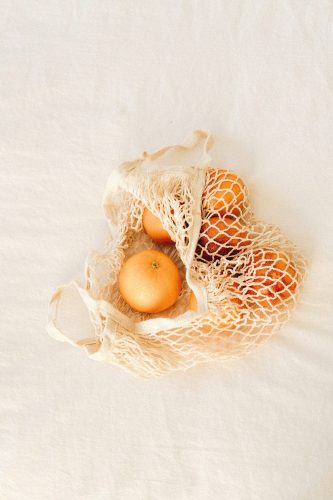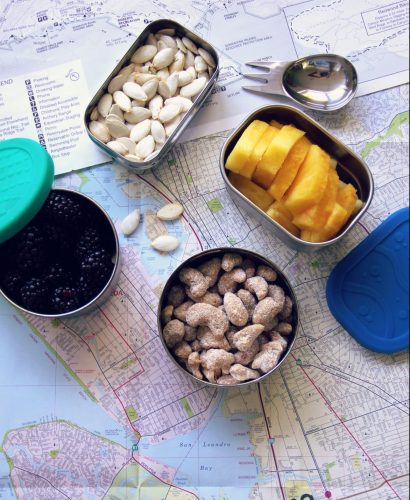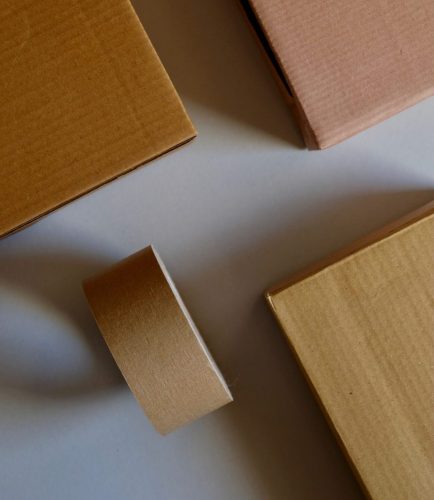Whether it’s microplastics in wastewater, plastic waste in the oceans or on the streets: The environment is suffering, and more and more people are looking for practical alternatives. Although sustainability is on everyone’s minds, the path to less plastic waste can be quite nerve-wracking. On the one hand, many things are packaged in plastic, and on the other hand, it is not always obvious that plastic is contained – keyword microplastic. We will give you a bunch of tips on how you can avoid as much plastic as possible.
Plastic wherever you look: The amount of unnecessary plastic waste becomes more than clear when you look in the bathroom. Fortunately, drugstores are starting to rethink this and have stocked up their assortment with natural products that are not only plastic-free, but also do not involve animal testing. Many of the following products are also available in unpackaged stores, in stores with natural cosmetics or on the Internet.
Not only in the bathroom, but in the household, we humans waste a lot of plastic everyday – unless you change something about it. With many of the following tips, you can do something about your plastic consumption right away:

A quick coffee to go in the morning or a chocolate bar from the snack machine between meals? There is no question about it – all of these things sweeten the day for students! But it comes at a price. Even when traveling, it is not always easy to do without plastic waste. But with a few tricks, much of the waste can be avoided both in everyday university life and on vacation.

Your next party is coming up? Then follow the trend and try to make the evening plastic-free. The positive side effect: You are an inspiration and can thus achieve so that others follow suit. Here is how:
Still looking for cool party games? Here you can find drinking and party games for a successful evening.

Every change takes time – even a plastic-free life. But if you keep at it, you can make a great contribution to the topic of sustainability and encourage others in your studies to reduce their ecological footprint as well. We wish you great success.